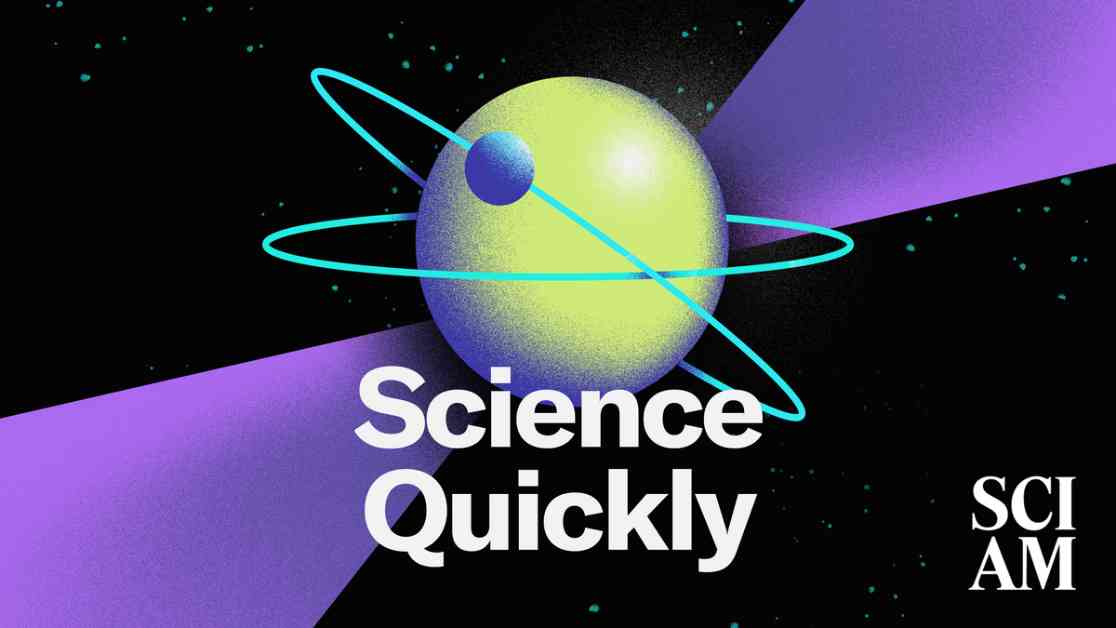Insects play a crucial role in human cultural evolution, despite many people only thinking about them when trying to keep them out of their homes. Entomologist Barrett Klein from the University of Wisconsin-La Crosse sheds light on the intertwined relationship between humans and insects.
Klein shares how his childhood fascination with insects led him to become an entomologist studying social insect behavior and sleep biology. He also delves into cultural entomology, exploring how insects impact human culture and the intersection of science and art.
One fascinating example Klein provides is the role of insects in historical documents like the Magna Carta, where gall wasps played a key role in producing ink. He also highlights the unexpected presence of insects in everyday objects like musical instruments, where beeswax, propolis, and cochineal dye are used.
While insects can sometimes be challenging, such as termites damaging structures or mosquitoes feeding on humans, Klein emphasizes the essential role insects play in ecosystem stability. He discusses how even pests like mosquitoes and lice have inspired beneficial biomedical research and provided key information about human remains.
Klein also shines a spotlight on insects that have been beneficial to humankind, such as honeybees for pollination and cicadas, dragonflies, and butterflies for their cultural significance. He encourages people to look beyond categorizing insects as pests and appreciate their unique characteristics and contributions to the world.
In closing, Klein shares his love for insects and the difficulty in choosing a favorite species due to the vast diversity and cultural connections each insect brings. He emphasizes the importance of understanding and celebrating the lives of insects to foster appreciation and coexistence.
Overall, Klein’s insights showcase the intricate relationship between humans and insects and the profound impact these tiny creatures have had on human culture throughout history. By exploring the hidden connections between insects and humanity, we can gain a deeper appreciation for the natural world around us.










